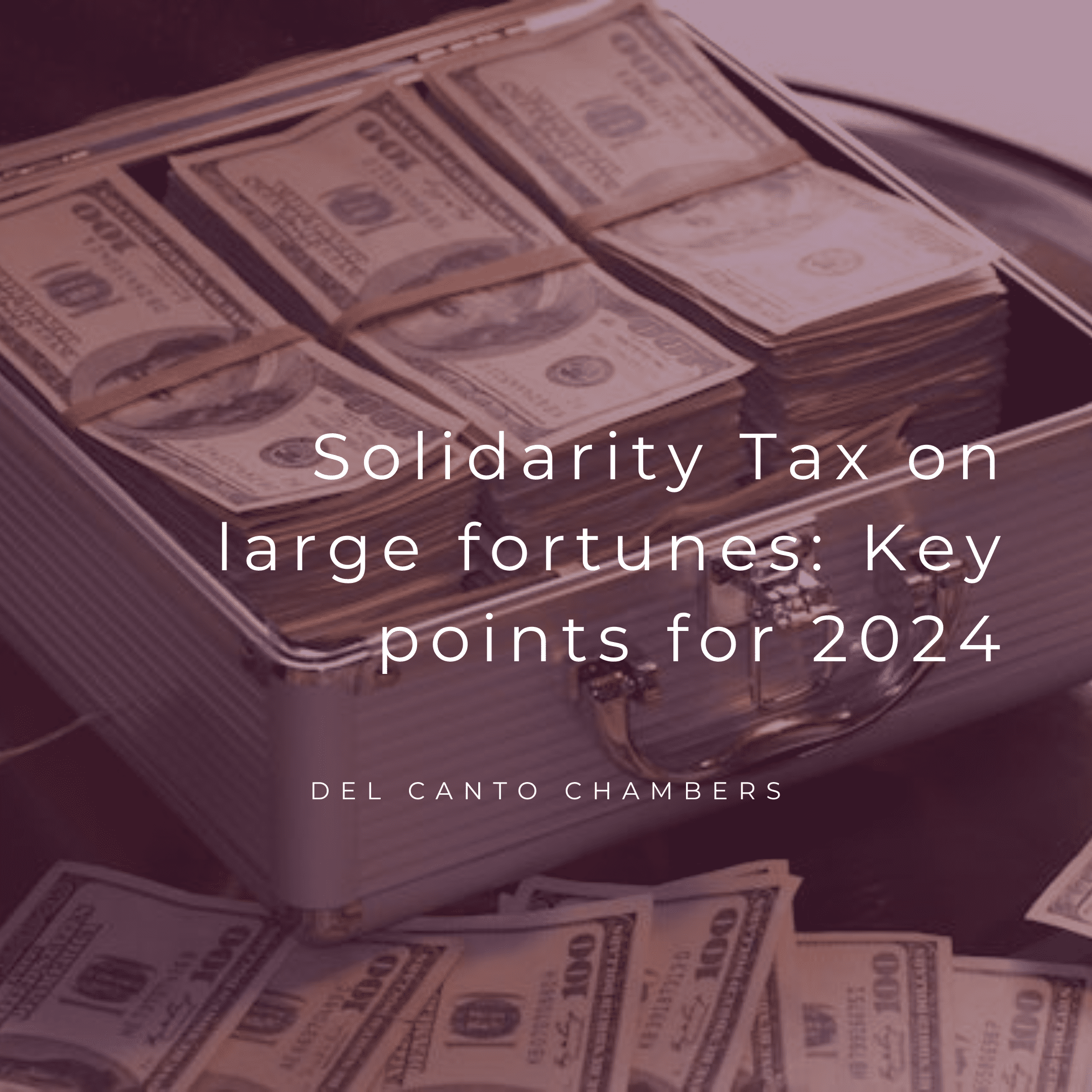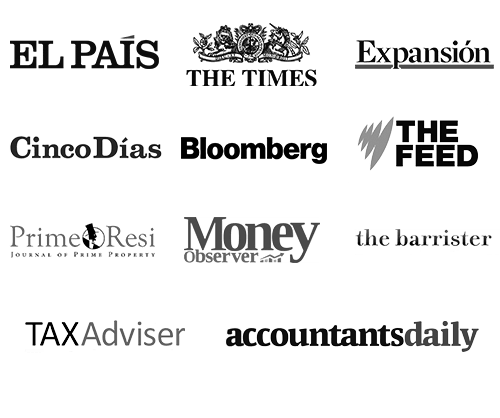Audits are more frequent and aggressive, and thus more costly to defend or litigate; assessments and penalties have now entered the realm of billions of dollars; and companies face unprecedented scrutiny and reporting of their tax affairs by advocacy groups and the news media, often hurting brand reputation and — in the worst cases — shareholder value, even when such coverage is unwarranted or inaccurate.
We surveyed all three parties in July and August 2011, and their responses form the basis of the Ernst & Young 2011–12 Tax risk and controversy survey.
541 corporate executives and 100 audit committee members were interviewed across 18 geographic markets. 30 tax administrators and 16 tax policy-makers provided input.
A new era brings new risks and new responses
The world has changed dramatically in the space of just a few years.
Globalization, moves from west to east and north to south, and demographic shifts have brought opportunities in new markets, more complex supply chains and rapid growth in the importance of intangibles, royalties, service fees, intra-group financing and intellectual property.
At the same time, the economy continues to move through the different phases of a global financial crisis.
The effect on tax policy has been startling, overshadowing longer-term tax trends and the convergence of accounting standards.
Companies are doing all they can to capitalize on change. They are expanding market and customer reach and increasing their search for efficiencies, both in effective tax rate and business operations.
They are driving dramatic changes in their business models with restructuring, finance transformation, outsourcing and centralization.
And tax authorities have become significantly more assertive in examining cross-border activities.
The volume of tax information exchange agreements has increased by more than 1,000%, and joint and simultaneous tax audits have gone from concept to reality.
Tax administrators and legislators, under pressure to generate more revenue to balance debt-laden budgets and fund infrastructure and social programs, acknowledge that they are more committed than ever to enforcing existing tax law and creating new enforcement mechanisms.
They are demanding more disclosure from taxpayers, strengthening or creating economic substance doctrines and imposing criminal sanctions where they believe willful tax evasion has occurred.
A new era has begun.
“Hostile and aggressive”
Tax executives tell us that the harder line taken by many tax authorities is causing significant levels of stress.
“We are seen as guilty rather than innocent until proven guilty,” said one survey respondent, describing an interaction with the tax authority in a major European country.
Another executive cited, “increasingly hostile and aggressive tax authorities” as the company’s top tax risk today. Seventy- five percent reported that tax audits are becoming more aggressive.
Because of these changes, 77% of respondents in our 541-company survey said managing tax risk and controversy will become even more important to them in the next two years, and this figure increases to 88% for large companies with annual revenues of more than US$5 billion.
The increasing focus on managing tax and controversy is mirrored by what tax directors tell us about their future appetite for risk — 92% say they will either stay the same or become more risk averse in the next two years.
But chief financial officers have a different perception — and tolerance — for these growing tax risks.
They are expanding within fast-growing emerging markets, the same places that 73% of tax directors tell us they face increased tax risk or uncertainty.
We think this difference of opinion warrants further investigation to be sure tax is given due attention in such a rapidly changing environment.
A new era starts
By all accounts, the next five years will likely be every bit as volatile and evolutionary as the last half-decade.
Seventy-eight percent of the world’s largest companies — those with revenues of US$5 billion or more — say they are already experiencing greater risk or uncertainty around legislation, and this figure increases for those in emerging markets.
Tax policy-makers tell us they foresee even more change ahead as they seek to protect the tax base and raise revenue from an evolving mix of taxes.
In fact, 69% of tax policy-makers surveyed expect to generate more revenue from indirect taxes in the future, and these taxes have certainly been used as a tool of choice in those countries adopting austerity measures.
They also tell us that they foresee increased revenue from personal income taxes, environmental taxes and property taxes.
These policy changes come as revenue agencies are equipped with legislation designed to increase levels of compliance and enforcement, such as anti-avoidance statutes, disclosure requirements, demands for greater transparency, and increased information reporting and withholding.
It’s a lot to manage.
The enforcement landscape echoes the changes foreseen in tax policy; 97% of tax administrators say they expect to increase their focus on international structures and cross-border transactions in the next few years.
And 81% of corporate tax executives expect more disclosure and transparency requirements in that same time frame, with 84% of policy-makers and 76% of tax administrators concurring.
Transfer pricing remains a leading source of controversy, and indirect taxes, the migration of intangible assets and permanent establishment issues are all becoming sources of intense focus for taxpayers and governments alike, reflecting the continuing path of globalization.
All these issues will likely be major sources of dispute in the future, with many respondents reporting that some tax administrations increasingly seem to be taking positions that are overly aggressive or without merit.
In many cases, they also report that treaties or dispute resolution processes (other than litigation) are not available.
The new world of tax risk is short on safety valves.
Forging a response: how leading companies are adapting
The spectrum of change that companies must manage is staggering: globalization, changing business models and a hugely uncertain global economy; shifts in taxation trends; unprecedented change in local tax legislation and more aggressive tax enforcement.
All bring unique challenges to the tax department.
As a result, tax risk management models that were effective just five years ago may no longer provide adequate protection to companies today or in the future.
Our survey indicates that companies increasingly realize this and are starting to take a more global, strategic approach to managing tax risk and controversy.
They are redeploying their resources to where they are most urgently needed, refreshing their tax risk management processes and putting in place technology systems to increase overall levels of visibility.
The number of companies applying greater internal audit scrutiny of tax controls and processes, for example, has increased by nearly 30% since 2006.
Companies also told us they are embedding tax risk management more prominently within their corporate governance approach, opening more lines of communication with their board and audit committee and tax policy-makers and tax administrators.
This is a crucial step in an era when tax issues have moved to the forefront of perceptions of corporate citizenship; 72% of companies say they are pursuing a more open and collaborative relationship with a tax administrator.
These tactics help companies improve their responses to tax disputes, reducing the threat of unexpected assessments and penalties and achieving greater certainty and flexibility in their ability to plan.
The leading companies also tell us that good risk management allows them to reduce the size of the tax provision and lower their overall costs of compliance, freeing up resources for more innovative pursuits.
And importantly, they can reduce the overall threat of reputational risk from both consumers and the tax authorities with which they engage.
In the report below, we share more insights on how tax risk and uncertainty are unfolding, how we see these leaders forging their response and how we think these global trends may develop.
We think a new paradigm of tax risk is here. The leaders indicate that the time to act has arrived.
This article was first published in the Ernst & Young 2011–12 Tax risk and controversy survey.




